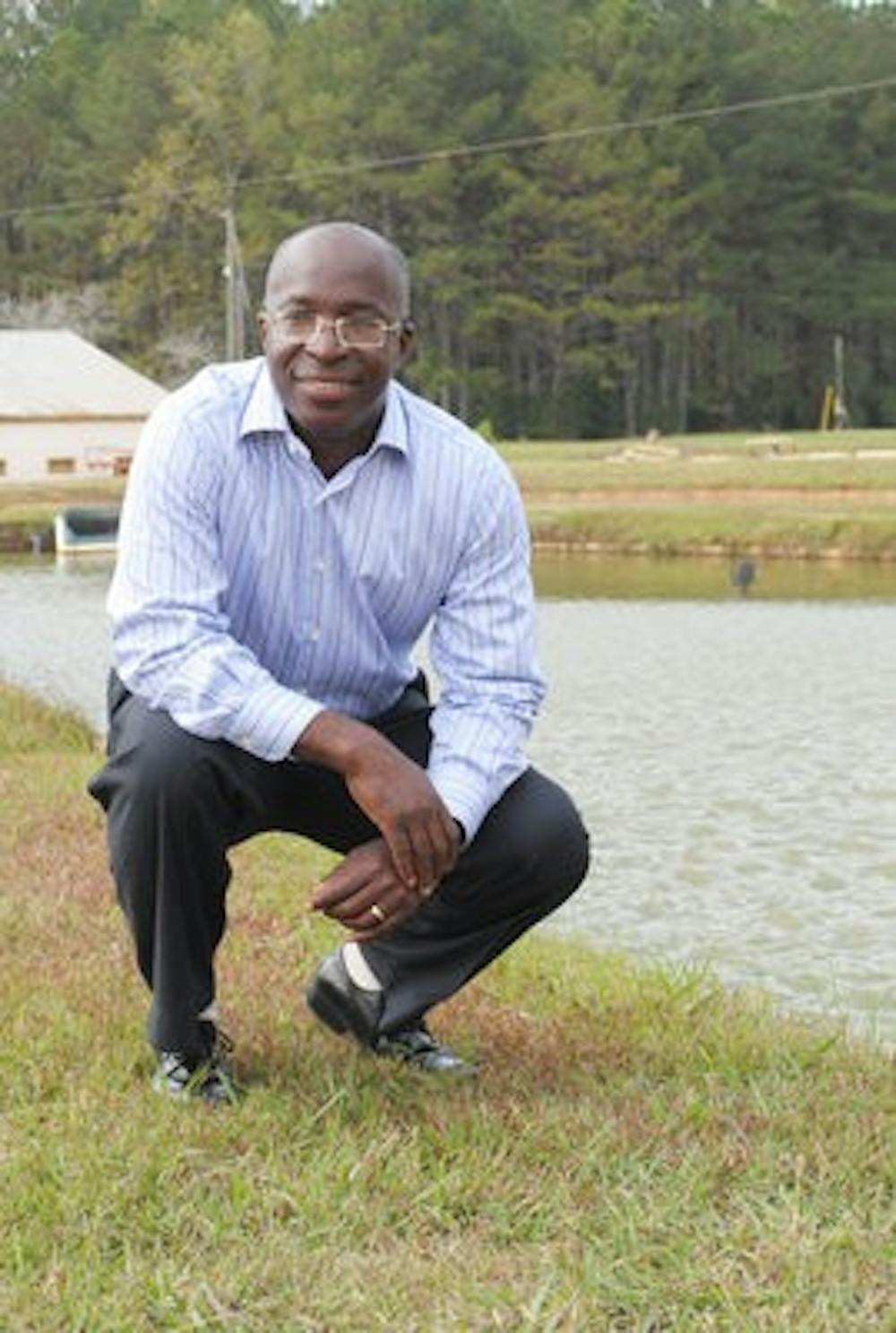Something was a little fishy about the E.T. York Distinguished Lecturer on Thursday--but not in a suspicious way.
Valentin Abe received his doctorate in fisheries in 1995 and returned to give a lecture for the E.T. York Distinguished Lecturer Series through the College of Agriculture.
Abe, one of Time magazine's "100 most influential people in the world," has been developing fish farms in Haiti for the past 13 years.
"When he came to national attention and we could claim him as our own, it was an obvious choice for him to come here," said Katie Jackson of the Office of Agriculture Communication and Marketing and a member of the York Lecturer Committee.
Abe's lecture centered on the conditions in Haiti.
He said recent natural disasters and government corruption have made Haiti into the country it is today.
After Abe finished his Ph.D., a professor encouraged him to sign on to a short-term fish-farming project in Haiti.
"I thought he told me that I was going to Tahiti," Abe said jokingly. "When the plane landed in Haiti, I was sitting there waiting to catch the next plane. It never came. And for 13 years, I'm still waiting for that plane."
In his lecture, Abe said many different organizations and governmental agencies have tried to help Haiti, and yet there are still many problems.
He said that was puzzling to him until he realized the reason.
"It's not because we didn't know what to do," Abe said. "It's because we didn't know how to do it."
Abe said they had to realize how to work with the geography and natural resources available in Haiti, as well as the high poverty level of the people.
"How do you foster economic development?" Abe said. "You have to rethink Haiti."
Abe worked with others to "rethink" the country by starting a program called Caribbean Harvest, which is now one of the most successful tilapia hatcheries in the Caribbean.
By employing Haitian people to work on the fish farms, they have been able to help many Haitians have incomes and provide for their families.
"It was pretty inspirational," said Alicia Denning, president of Engineers Without Borders. "I started working with (EWB) because I wanted to save the world, and he just kind of reminded me that that was still in my heart."
Abe said when he found out he had been chosen as one of Time's 100 most influential people, after a nomination by former president Bill Clinton, he was surprised.
"I didn't think the work that I was doing in Haiti was being noticed," Abe said.
Abe said future plans include working with the Clinton Foundation to extend the project into Africa and Nicaragua.
For now, Abe said he will return to Haiti to continue his work.
"The people of Haiti didn't choose to be there, and they didn't choose to go through what they've been through," Abe said.
Do you like this story? The Plainsman doesn't accept money from tuition or student fees, and we don't charge a subscription fee. But you can donate to support The Plainsman.





